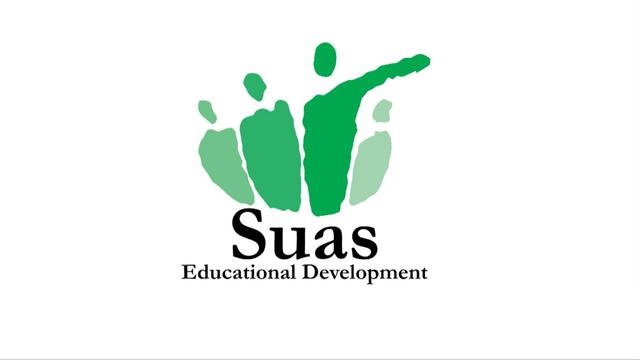Niall Robertson ¦ Contributing Writer
As we delve ever deeper into the academic year, it is gradually becoming more socially acceptable to ask “what are your plans for the summer?” While many will opt for the standard J-1 adventure in the U.S. and others will opt for a “stay-at-home” summer and find work in Ireland, there will inevitably be a large group of people who will choose to volunteer in a developing country.
As the majority of volunteer programmes require some fundraising before departing, it is this group of people who will have to be well prepped to face the inevitable questions “Where is this money going exactly?” and “Are you really doing anything good for the world or is it just an elaborate holiday?”
It is of course extremely important that these questions are asked, and that issues of “voluntourism” are appropriately addressed.
But equally important is accepting that, for many volunteer programmes, there are in fact perfectly valid answers to these questions and well thought-throughpolicies to address these issues.
That is not to say that all volunteer programmes abroad are infallible and should be free from criticism because “we’re a charity.” It is probably fair to apply the concept of “voluntourism” to many NGO’s. However, we must be extremely careful not to throw the baby out with the bathwater and place an unfair label on completely transparent and well thought through volunteering projects such as the Suas Volunteer Programme.
As almost all of the several hundreds of volunteers who have worked with Suas will tell you, this volunteer programme is not a holiday. It is an intensive 10- week teaching placement in India or Kenya with rigorous pre-departure training. Volunteers work 40 hours a week as teaching assistants in extremely under privileged schools and are often involved in running extra-curricular activities with the schools as well.
It is all too easy to throw cynicism at the concept of students who aren’t primary school teachers becoming English teachers for the summer. A much harder task is to carefully analyse the work of Suas volunteers and what it can offer to local communities in India and Kenya.
When deciding how much good volunteering abroad is doing for local communities, it must be remembered that it is the partner organisations in India and Kenya who run the schools that are asking Suas to send over enthusiastic volunteers who speak fluent English. It is not the other way around. So who is best qualified to decide whether volunteers are doing useful work or not? Surely it is the teachers and charity workers who run the schools in India and Kenya on a daily basis, and it is at their request that volunteers go abroad to teach in these schools.
A skill held by every Suas volunteer is fluency in English, something which is lacking in the vast majority of teachers with whom volunteers work. While many of the children that volunteers work with are extremely good at recognizing individual words, conversational English is all but non-existent. As anyone who went to Irish or French college during secondary school will tell you, the most effective way to learn a language is to have no option but to speak it constantly. When you want to get your point across and the only way to do that is to say it in a different language, you are forced to constantly think in that language.
So when there are 30 excited children enthusiastically participating in a game or lesson that this new, foreign teacher has introduced, the only way to play the game or enjoy the lesson is to listen intently to the instructions in English, and to constantly attempt to speak in English.
The benefits of volunteers are not limited to improvements in fluency however. Attendance in schools increases significantly while enthusiastic volunteers are working there, and while it is not permanent, this increase is observed for several weeks after volunteers have left. Since Suas volunteers work for 10 weeks, improving attendance in schools for this time and for weeks after is not by any means insignificant. 10 weeks after all is comparable to an entire semester in university.
English is one of the 3 main languages in India and as a result teachers are expected to be, in theory, trilingual. Since this is rarely the case, fluent English speaking volunteers are a valuable aid to teachers.
It is not true that volunteers do work that should otherwise be done by paid employees, as has been wrongly noted in the past. Volunteers work as teaching assistants, and are an additional resource available to teachers. Most importantly, volunteers help to reduce the student: teacher ratio, allowing teachers to focus on the needs of individual students.
As for the question of where the fundraised money goes, Suas is about as transparent as you can get; the financial statement being freely available at www.suas.ie.
Its great that we live in a society where people care enough to criticise volunteering projects that might not in fact be doing any good for the world. But when we ask the question: “Does volunteering abroad actually do any good for local communities?” we must accept the fact that the cynics inside of us may not hold the correct answer, and that for many organisations, the answer might well be “Yes, it does”.







